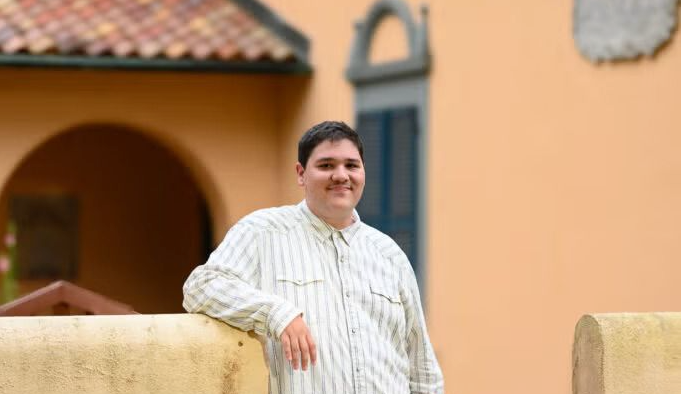2 min
Georgia Southern professor to present “Steel and Sweat: Knights, Soldiers and the Making of the Tactical Athlete”
The Georgia Southern University College of Arts and Humanities will host the next installment of the Moveable Feast lecture series with an in-depth discussion of the evolution of combat training from the tumultuous Middle Ages to the modern-day military. Professor of Spanish Grant Gearhart, Ph.D., will present “Steel and Sweat: Knights, Soldiers and the Making of the Tactical Athlete” Feb. 19, at 6 p.m., at Service Brewing in Savannah. Gearhart, who is also the coordinator of experiential learning for the Department of World Languages and Cultures, says the presentation is all about connecting modern military training with the physical contests of centuries past. “I wanted to bring back interest in research on the Middle Ages, considering there is a declining interest in the topic within academia,” Gearhart explained. “To connect the past with present in a way that’s digestible for all audiences is something that I feel passionate about bringing to the public.” His research focuses on the evolution of fighting styles and explores how these styles reflect the ethics and values of the cultures in which they were developed. “Today’s soldiers are more than just military personnel, they are athletes,” said Gearhart. “Being a former college athlete sparked my interest in doing this research on the connections between athletics and warriors. I want to show how our modern ideas of soldiers as tactical athletes have historical grounding in the Middle Ages.” The Moveable Feast series is an immersive learning experience that brings lectures into spaces relevant to their topics. The event is free and open to the public.





